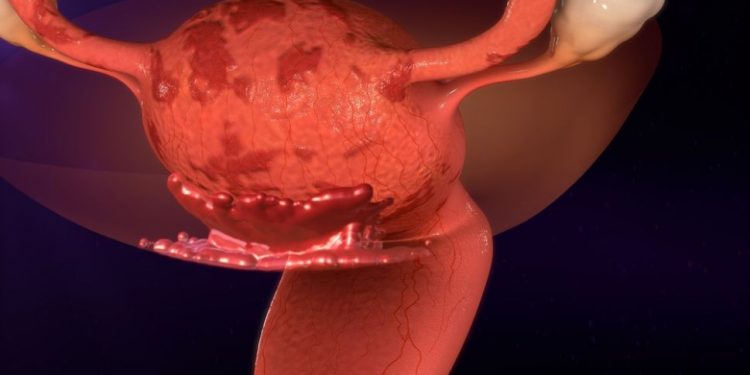Vulvar vestibulitis symptoms include pain and irritation in the vulva and the tissue at the opening of the vagina (vestibule). It may be constant or come and go depending on what causes the pain. It can be triggered by sexual activity, tampon insertion or gynecological exams, or simply by wearing tight-fitting pants and sitting for long periods of time.
Symptoms can range from mild to severe and can impact your quality of life. It can also lead to relationship problems and depression. It can also cause you to avoid sex altogether.
When you’re experiencing pain in your vulva, it’s important to see a doctor immediately. In order to rule out other health conditions that may be causing the pain, your doctor will perform a pelvic exam and take a tissue sample.
You’ll probably also be tested for infections. Your doctor will look for redness around your vulva and will use a cotton swab to touch different areas of your vulva to identify where the pain is coming from.
If your doctor determines that you have an infection, they will treat it with antibiotics or other medicines. You might need to stay on the medicine for several months before your symptoms subside.

Your physician might also suggest acupuncture or massage therapy to help relieve your symptoms. These therapies can help reduce the tension in your pelvic muscles and relax your abdomen, which can ease your vulvar pain.
Treatment for vulvar vestibulitis can include pain medications, injections of nerve blocks, and physical therapy to strengthen your pelvic floor muscles. Your doctor may also recommend changes to your diet that can help alleviate the pain.
Infections of the vulva can cause pain and itching, especially with infections of the bacteria Haemophilus ducreyi or Klebsiella granulomatis. Bacterial vaginosis and candidal vaginitis are other common causes of vulvar pain.
Other causes of vulvar pain can include an obstructed bartholin gland, which is a gland that produces lubricant for the vulva and vagina. If this gland becomes irritated or infected, it can develop into a cyst that can then become an abscess.
Yeast infections can also be a cause of pain in the vulva and can sometimes be treated with over-the-counter medications. Your doctor will check for signs of yeast infection and take a tissue sample to confirm the diagnosis.
Your doctor will also want to know if you’ve had any medical problems in the past. For example, if you’ve had an organ transplant or have diabetes, your doctor will want to know about any changes in your health that might affect your pain.
If your doctor finds an infection, your treatment will likely involve antibiotics or antifungal medication. Your doctor may also recommend a special cream or gel to use on your vulva.
You should also avoid sex that puts extra pressure on your vulva, like cycling or horseback riding. It’s also important to avoid scented pads, tampons or pantyliners because they can irritate the area and trigger your pain.









